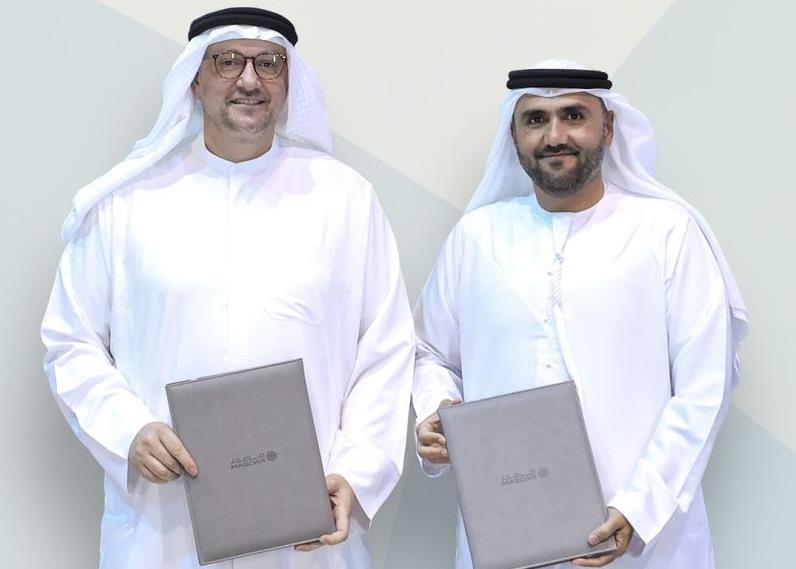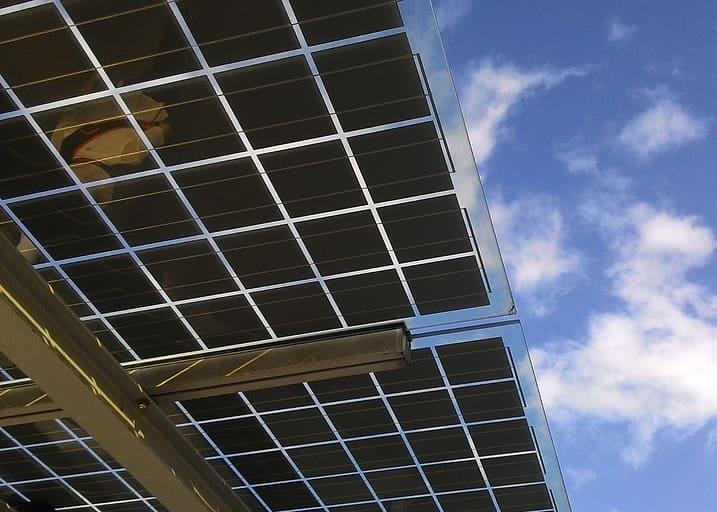
The MEED Mediterranean Gas Congress, held in Cairo on 26-27 February, provided an affirmation of Egypt's new-found position as a significant player on the global gas market. With European gas demand set to double over the next 10 years, and new opportunities opening up on the domestic petrochemical market, Egypt has now embarked on the process of realising the potential provided by its burgeoning gas reserves, which have grown to 55 trillion cubic feet (tcf) from 12 tcf in just over a decade.
Egyptian Petroleum Minister Sameh Fahmy opened proceedings by emphasising the need to view the development of the local industry in an integrated way. He said the investments now going into gas export projects and petrochemical schemes should provide a strong incentive for fresh investment in the upstream side of the business.
Speaking on the eve of the closing of Egypt's first exploration bid round in over two years, Fahmy said that exploration bid rounds will be held with increasing frequency in the coming period, adding that the new model concession will allow for negotiations over new blocks to be concluded much faster than was the case in the past. He said the progress being made with export projects was of great significance, but the conclusion should not be drawn from this that the domestic market was saturated. 'The opportunities are there to be exploited, and we would like to see local consumption stimulate exploration and production,' he said.
One of the key areas for local consumption is petrochemicals, Fahmy said. The government has recently approved a masterplan for investing some $10,000 million in 24 new petrochemical projects over the next 10 years, with total annual production of 15 million tonnes, he said. 'We appreciate that it is not easy to compete with countries like Saudi Arabia and Iran in this sector, but we believe we have the ingredients to succeed,' he said. 'We not only have the feedstock and the competitive prices needed for new petrochemicals projects, we also have the market.' He said the plan envisages local consumption of some $4,000 million a year, allied to exports of about $3,000 million.
Fahmy made a similar observation with regard to prospects for investment in gas-to-liquids (GTL) projects. 'Qatar perhaps has better opportunities, but we could also succeed because of our need for the liquids on our local market,' he said.
Much of the conference was devoted to an examination of the prospects for the liquefied natural gas (LNG) market. Fahmy said the market is expected to see some fundamental changes in the period ahead, particularly given the growth of the trend towards spot cargoes and the questions being raised about the present pricing system, which indexes LNG to gas oil, fuel oil or crude. 'We cannot have a stable gas price if we continue to link it to crude oil,' he said. Fahmy declined to offer specific recommendations for an alternative system, but he said he had been given the task of preparing proposals on price delinking, which would be presented at the forthcoming Gas Forum to be held in Qatar in early 2003.
One of the key initiatives taken by Fahmy since taking office in 1999 has been the restructuring of the Egyptian General Petroleum Corporation (EGPC) into three main entities, focusing on oil, gas and petrochemicals. Mohamed Tawila, chairman of the Egyptian Natural Gas Holding Company (EGAS), gave a clear exposition of the role this new entity will be playing in the future. This will extend to conducting exploration and production negotiations for new concessions, which are deemed to be gas prone.
Michael Stoppard of Cambridge Energy Research Associates and Andrew Walker of BG Egypt gave presentations on the way gas demand is set to develop in Europe and in the Atlantic Basin, and Mohamed Farghaly of BP Egypt gave BP's position on LNG globally and in Egypt. He said that one of the crucial factors in the development of new LNG projects has been the progress made in reducing liquefaction costs.
BP, in partnership with Italy's Eni, has agreed broad terms for building an LNG plant in Egypt, but Farghaly intimated that the final decision on how to go ahead may be related to current exploration BP is carrying out, which could turn up fresh reserves of some 20 tcf by 2010. 'We are going to do LNG, but the question is the timing,' he said.
The conference also heard detailed case studies on the two LNG export projects that are now going ahead in Egypt. Gonzalo Fernandez Viejo of Spain's Union Fenosa spoke about the scheme it is carrying out in Damietta. He said the costs of liquefaction are estimated to be below $0.80 a million BTU, including financing costs.
John Earl, managing director of Egyptian LNG, which is building the first of what could be six trains at Idku, also referred to the Atlantic LNG model. He said that the Idku scheme would replicate many features of the Trinidad project, but would achieve significant savings and extra capacity. He emphasised the importance of the corporate structure of the scheme, which will allow for new partners to be brought in on the subsequent trains. The partners on the first train are BG, Edison International of Italy, EGPC, EGAS and Gaz de France (GdF). The French company will purchase the entire output of the train, and has an option to provide gas for subsequent trains.
The other speakers at the conference were:
Mohamed Farid Khamis, chairman of the Oriental Weavers Group, on the Egyptian petrochemical industry
Andrew Vaughan, chairman of the Shell Companies in Egypt, on floating LNG
Omar Ben Salem, gas marketing director at Algeria's Sonatrach, on the new structure of the Algerian gas sector
David Nagel, president of BP Algeria, on the In Salah project
Maro Zanella of Italy's Edison, on the liberalisation of the European gas market
Philippe Cassagne, regional vice-president of GdF, on his company's perspective on the Mediterranean gas sector
Bali Kochar, director of structured finance at IntesaBci, on financing gas projects
Tim Blackford, general manager North Africa at Burlington Resources, on the company's activities in Algeria
You might also like...

Neom seeks to raise funds in $1.3bn sukuk sale
19 April 2024

Saudi firm advances Neutral Zone real estate plans
19 April 2024

Algeria signs oil deal with Swedish company
19 April 2024

Masdar and Etihad plan pumped hydro project
19 April 2024
A MEED Subscription...
Subscribe or upgrade your current MEED.com package to support your strategic planning with the MENA region’s best source of business information. Proceed to our online shop below to find out more about the features in each package.




